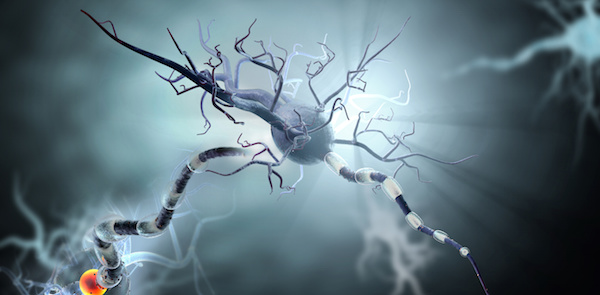
THURSDAY, March 3 (HealthDay News) — The brain’s so-called reward center actually responds to both good and bad experiences, even experiences causing fear, finds a new study in mice.
The team of American and Chinese researchers said the finding may help explain why some people are thrill-seekers.
Pleasurable or exciting things, such as eating chocolate or bungee jumping off a bridge, can trigger the production of dopamine, a neurotransmitter chemical that can increase heart rate and motivate behavior, the researchers explained.
In experiments with mice, the team examined dopamine neurons in the brain’s ventral tegmental area, which is widely studied for its role in reward-related motivation or drug addiction.
The study authors found that essentially all the dopamine neurons had some response to good or bad experiences, while a fearful event excited about 25 percent of the neurons, prompting more dopamine production.
“We have believed that dopamine was always engaged in reward and processing the hedonistic feeling. What we have found is that the dopamine neurons also are stimulated or respond to negative events,” Joe Z. Tsien, co-director of the Brain & Behavior Discovery Institute at Georgia Health Sciences University, said in a university news release.
The study appears in the journal PLoS One.
More information
For more on the psychology of thrill-seeking behavior, visit the archives of the American Psychological Association.

